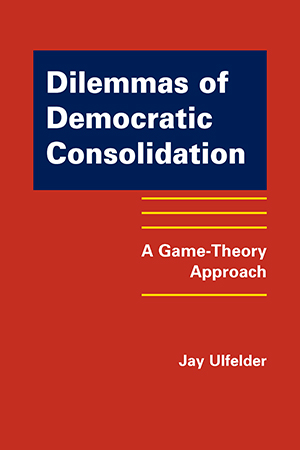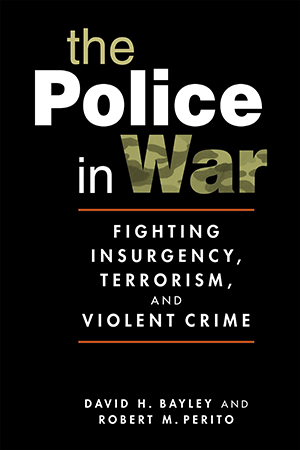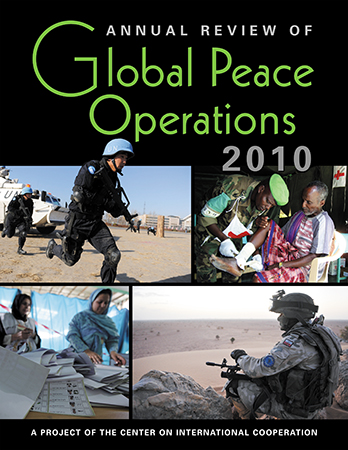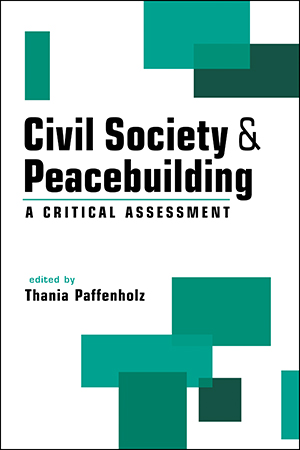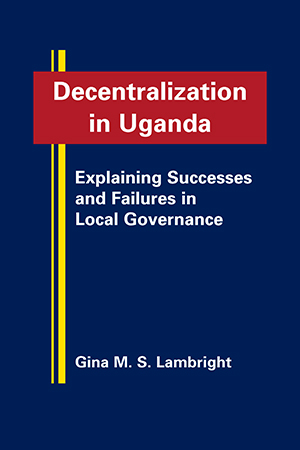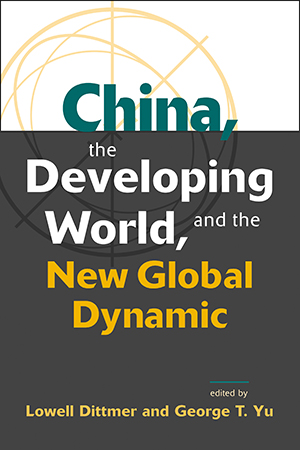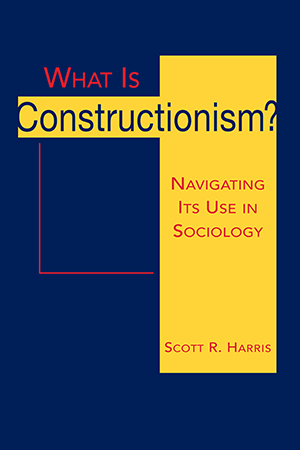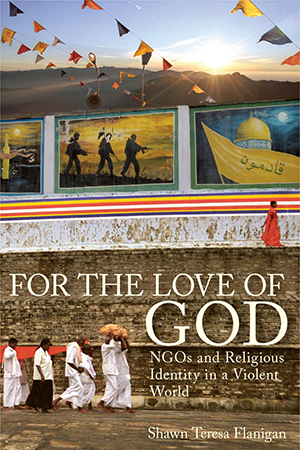BOOKS
If petroleum buys political legitimacy in the Arab Gulf states, how can we explain the rise of dissent and calls for political reform despite sustained oil revenues? The answer, according to More >
Why have so many attempts at democracy in the past half-century failed? Confronting this much discussed question, Jay Ulfelder offers a novel explanation for the coups and rebellions that More >
Frustrated efforts in both Iraq and Afghanistan give urgency to the question of how to craft effective, humane, and legitimate security institutions in conflict-ridden states—and More >
Unique in its breadth of coverage, the Annual Review of Global Peace Operations presents the most detailed collection of data on peace operations—those launched by the UN, by regional More >
Responding to the burgeoning interest in the role of civil society in peace processes, this groundbreaking collaborative effort identifies the constructive functions of civil society in More >
Why do some African local governments perform well, while others fail to deliver even the most basic services to their constituents? Gina Lambright finds answers to this question in her More >
With China's rise as a major player in international affairs, how have its policies toward developing countries changed? And how do those policies now fit with its overall foreign policy More >
Winner of the SSSI Charles Horton Cooley Award! Has constructionism become a victim of its own success? Scott Harris argues that, as more scholars adopt the approach, its key concepts are More >
A little-known chapter in American Jewish history involves a wide network of Yiddish schools and camps—a vibrant, multifaceted educational movement—that sought to transmit a More >
Shawn Teresa Flanigan looks at the role of faith-based nonprofit organizations (FBOs) in the context of international development to explore the ways that history and religious identity have More >




